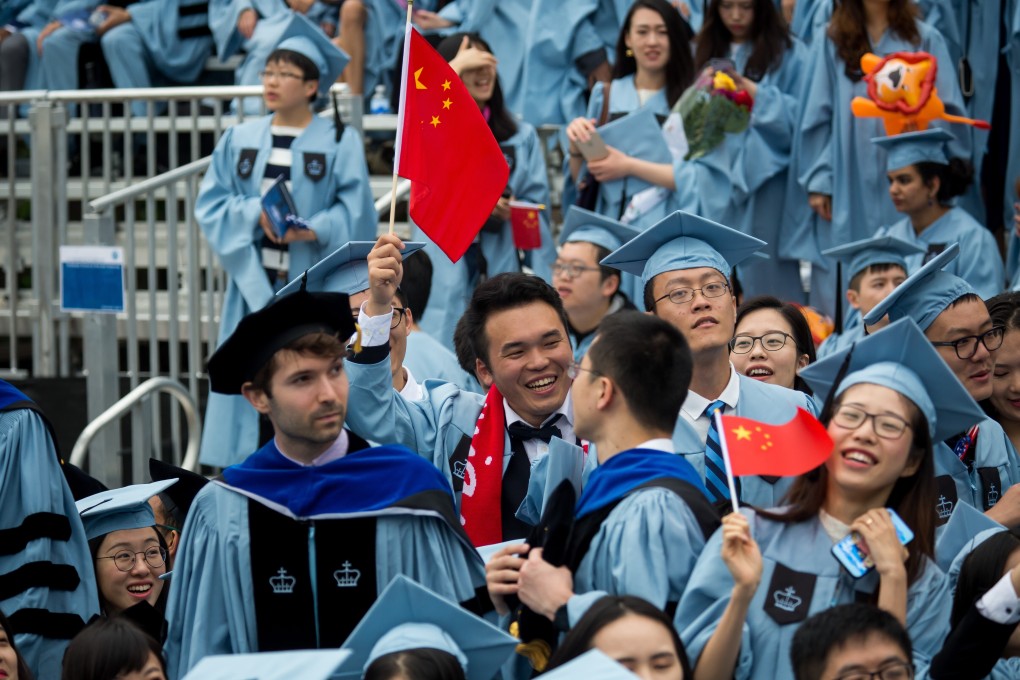Editorial | Western universities will struggle to lure back Chinese students
- Officials in China have been urging students to stay at home and contribute to the nation’s development rather than go overseas. The impact of the coronavirus on the West has helped their cause

Chinese students have long been an invaluable asset to English-speaking Western countries like the United States, Britain, Australia and Canada, contributing to academic life, knowledge, understanding and the economy. But they have also been taken for granted, with many universities viewing them as little more than a means to fund programmes and research through charging high fees. But the coronavirus could well put paid to such short-sighted thinking, slights and miscalculations by campus administrators, a perceived mishandling of the disease by governments and rising racism prompting a rethink of the worth of overseas study. China’s higher education system has been steadily improving and can now boast some of the world’s best institutions, further making the case for why some of the nation’s sharpest minds should stay at home to learn rather than go abroad.
An estimated one million Chinese studied overseas last year and the withdrawal of even a small percentage from universities would leave a major hole in finances. But luring them back when the academic year begins will not be easy. China has largely got Covid-19 under control and schools are gradually reopening. The West is still struggling with the disease and many Chinese perceive foreign governments have mishandled their response.
Some universities have similarly lost admiration, their abrupt shutdowns of campuses and residential accommodation, postponing of exams and shifting to online teaching causing difficulties and even hardship for foreign scholars. Travel bans and restrictions aside, parents are understandably worried about sending their children to countries where health systems are straining to cope and the risks are high. But what is especially irksome is rising anti-Chinese sentiment in the West that has led to verbal and physical attacks against Asians. US President Donald Trump’s blaming of China for the pandemic and calls by Australia and others for an investigation is fuelling Chinese nationalism. It has not helped that the virus came amid an intensifying rivalry with America, with a trade war and visa restrictions on Chinese graduates and researchers.
Chinese officials have been urging students to stay at home and contribute to the nation’s development rather than go overseas; the coronavirus has helped their cause. They are especially eager for the academically inclined to enrol in science and technology courses, disciplines perceived as crucial to growth. Universities in Hong Kong, Singapore, South Korea and elsewhere in Asia are also bound to see an opportunity to attract more Chinese if Western education loses its allure. It is the consequence of foreign governments not valuing what they have and appreciating the soft power advantages.
Help us understand what you are interested in so that we can improve SCMP and provide a better experience for you. We would like to invite you to take this five-minute survey on how you engage with SCMP and the news.
